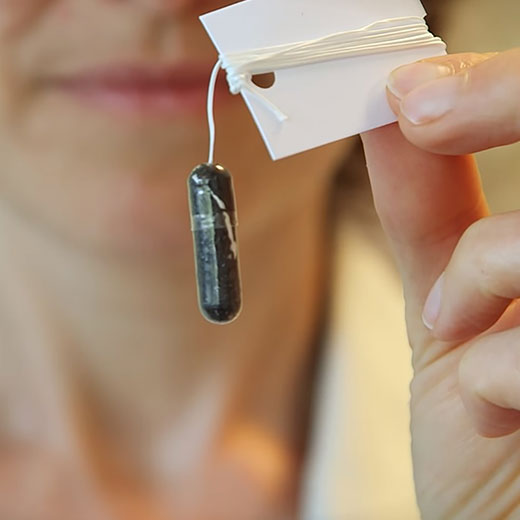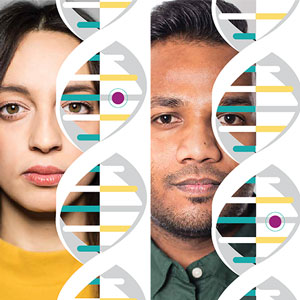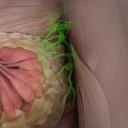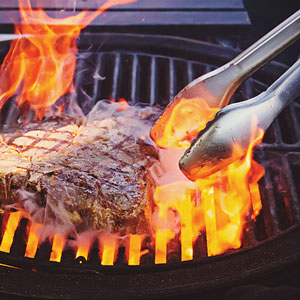Prevention
-
Medicare Coverage for Next-Generation Sequencing Tests
Multigene panels that rely on next-generation sequencing are increasingly used to test for hereditary cancer risk-related mutations. The federal government aims to expand Medicare coverage for these tests.
by Ashley P. Taylor
-
Drinking After a Diagnosis
A study illuminates the alcohol consumption habits of cancer survivors.
by Jen Tota McGivney
-
Telling Your Children About Inheritable Cancer Risk
Letting children know they might have a mutation that increases their risk for cancer can be a challenge for patients. Experts stress there is no right or wrong way to share the information.
by Marci A. Landsmann
-
From the Editor-in-Chief
Human Papillomavirus Vaccines: Bad News, Good News and Great NewsIncreased vaccination rates can help reduce cervical cancer as a worldwide health threat.
by William G. Nelson, MD, PhD
-
BRCA: Who Should Be Tested?
Genetic testing for mutations in the BRCA1 and BRCA2 genes creates opportunities for cancer risk reduction. But 25 years after the mutations were discovered, some who could benefit from testing are still left out.
by Sue Rochman
-
Avoiding Unnecessary Lymph Node Biopsy
A study adds to evidence that many patients with ductal carcinoma in situ do not need to have their lymph nodes removed.
by Cheryl Platzman Weinstock
-
Forward Look
Teen Use of Tobacco Products Spirals UpwardE-cigarettes are upending decades of smoke-free successes.
by Nancy Averett
-
Healthy Habits
Where There’s SmokeWhat to know before firing up the grill during barbecue season.
by Bradley Jones
-
Healthy Habits
Overlooking ObesityPublic awareness of the link between obesity and cancer risk is poor.
by Jane C. Hu














